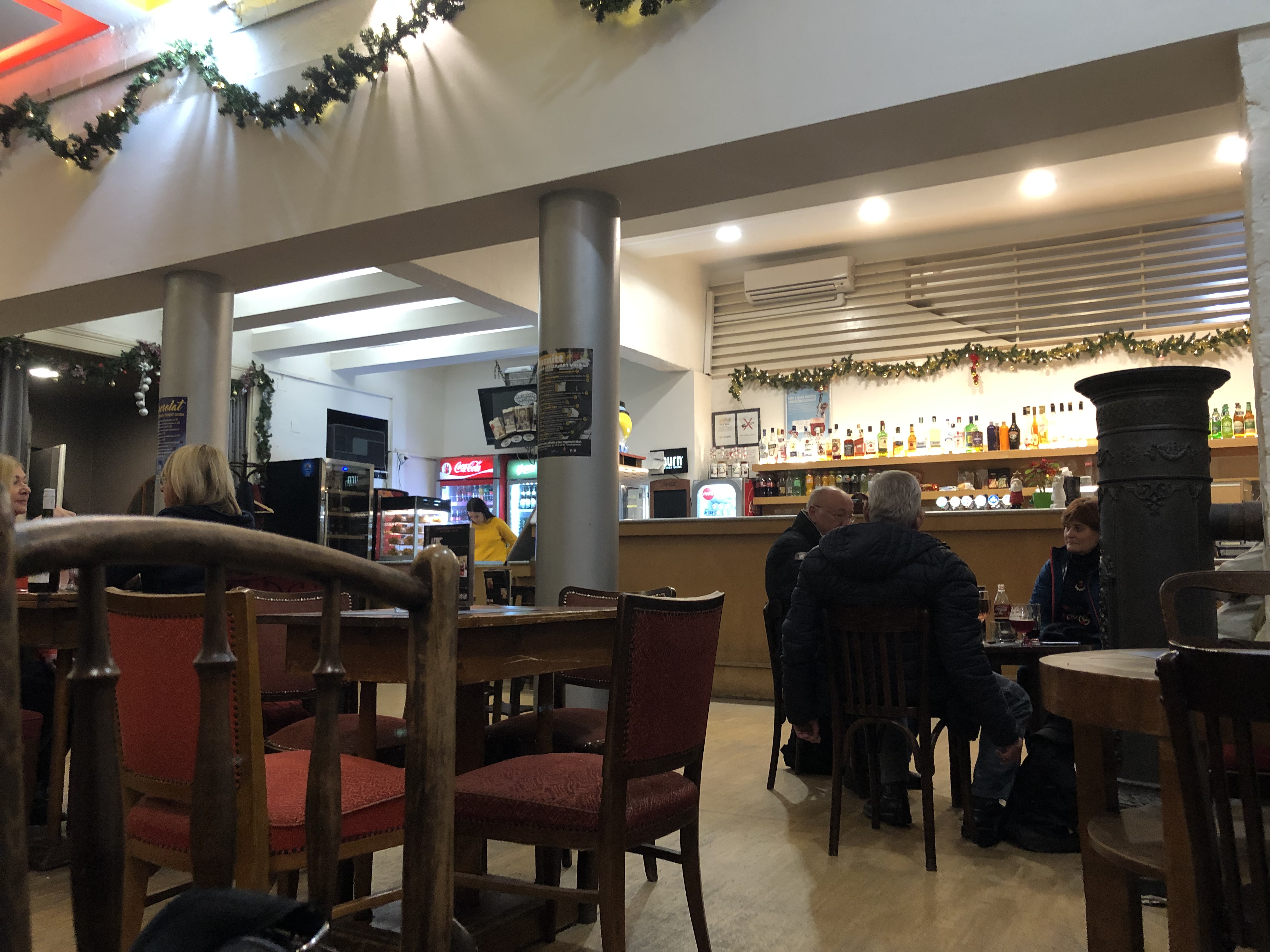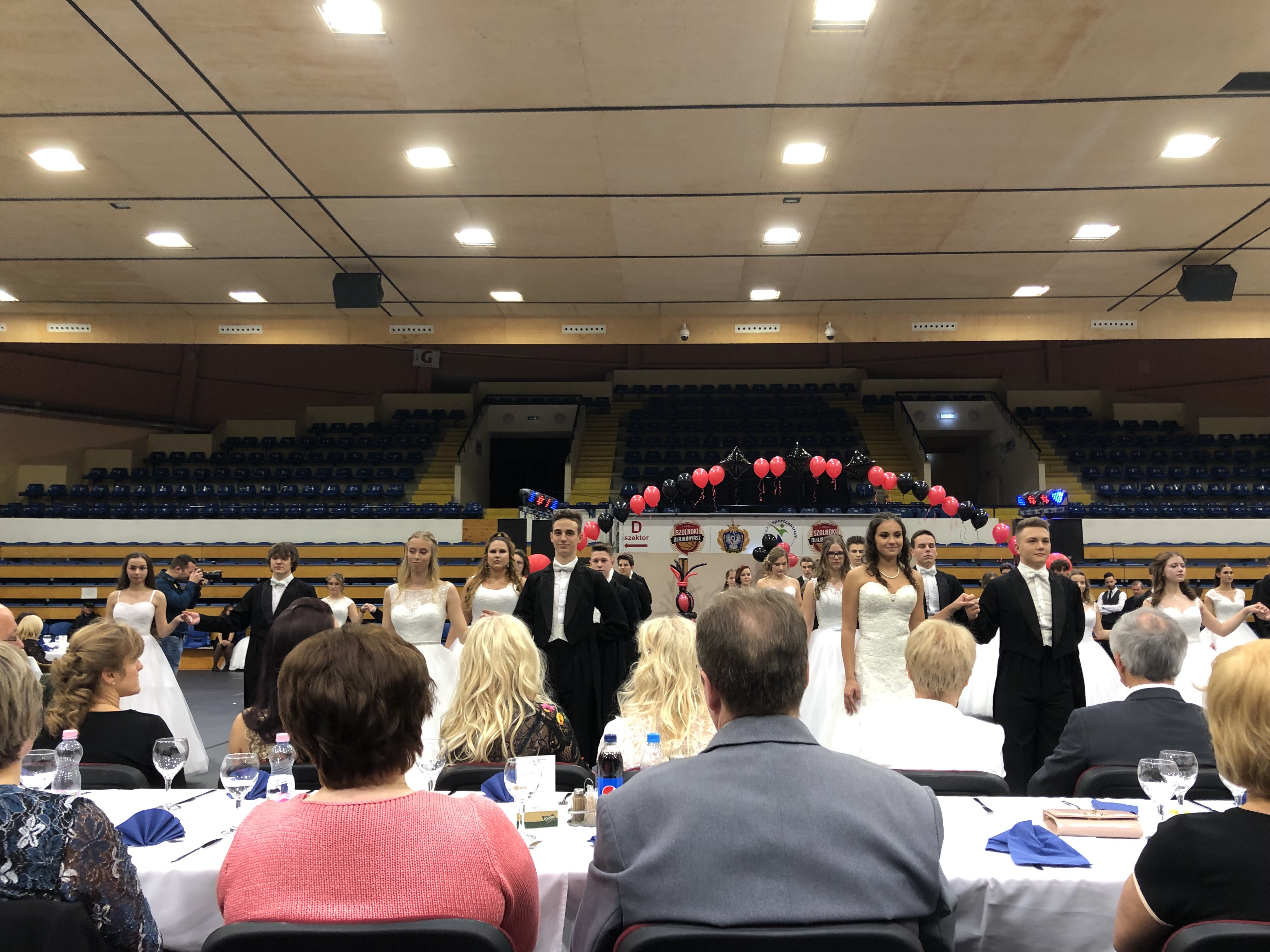
The past week was so hectic yet packed with indispensable things that I could dispose of nothing—but the long weekend came welcome and has gone by too fast, leaving me longing for another stretch of time. The spring break will be devoted to working on a translation project and revising my article on Frontátvonulás. (It looks like the latter will be published, but the peer reviewers suggested some revisions, which have to be addressed by mid-April. I am glad to have a chance to work on the article some more.)
I realize that many would balk at spending a weekend in quiet; they spend most of their free time with family and friends, either in social activities, in tasks like shopping and cleaning, or in entertainment. Spending this much time alone would seem strange to them. But much of what I do is for others as well as for me. There is nothing like being able to focus on something for hours. It’s what’s commonly known as “flow”: you get immersed in it, ideas start coming, you forget what time it is, but beyond that, you also strengthen your bond with what you are doing and the people associated with it.
Songwriters understand this well; for many, the writing takes place when they are alone in their room, but through this solitude, they are already bringing it to their fellow musicians and to others.
Speaking of songwriters, on Thursday I went to one of my most joyous concerts here in Hungary so far. It was a “Songpoets” (“Dalköltők”) concert, the first true one of this kind, though there was a variant a year ago, with most of the same people. It brought together six of Hungary’s foremost poetic songwriters (spanning about three generations): Gergely Balla, Noémi Barkóczi, László Kollár-Klemencz, Krisztián Grecsó, Mihály Víg, and János Másik, along with members of Kollár-Klemencz’s band. The six songwriters alternated for a while, each one playing a song, and then came together, first with the Kollár-Klemencz band, then with each other as well. The combinations were new and exciting—Márk Csernovszky accompanying Noémi Barkóczi, for instance—and the finale exhilarating. I took no pictures, except before the concert (thank God, there was an announcement over the loudspeaker asking us not to), but the pictures and sounds in my mind have been playing on and on.
That was the culmination of a hectic week: three packed teaching days, then a trip to Budapest on Wednesday evening (to hear the Dávid Szesztay Band), then staying overnight in Budapest and going to a doctor’s appointment first thing the following morning, then returning to Szolnok for the commemoration of the Revolution of 1848 (which took place at school that afternoon), then, after a class, a trip back to Budapest for the Songpoets concert and a return to Szolnok that night. This weekend I went nowhere except to the store, but had so much to do (translating, writing, conference planning) that the three days seemed long and short at once (long because of the lack of rush, short because they weren’t enough).

The commemoration of the Revolution of 1848 was remarkable too. Every year the school has one (as do schools around Hungary); the performance is more or less the same each time. We go out to the courtyard, dressed in black and white. We sing the Hungarian hymn together. A student gives a speech about freedom. A class then performs a creative enactment of the Revolution, heavily based on Sándor Petőfi’s “Nemzeti dal.” Some awards are given. We sing the “Szózat.” The ceremony ends.
At first I found all of this quite moving, and then, as time went on, it started to become predictable, though sincere. This time, I found myself wondering, what does it all mean? The speech about freedom, the earnest call to action—people of widely differing political views could say the same words and mean different things by them.
But I was in for a big surprise: not only did this class (11.A) perform the scene with unusual passion, but they included Gyula Jenei’s poem “Kutyadal” (“Dog Song”), which proclaims uncertainty over what freedom is. I have translated that poem but haven’t published it yet (and won’t quote it here, since that would constitute “publication”). But the inclusion was such a happy surprise that I loved this paean and its dark, ironic layers.
Speaking of ironic layers, last week the writer András Petőcz came to Szolnok to speak at two events hosted by Gyula, one at Varga and one at the library. I took an early liking to Petőcz’s poetry—whenever a new issue of Eső comes, I would turn to his poems first—and now I’m reading his stories. They are interesting, outspoken, and sometimes uproariously funny. Yesterday, when reading one of them, I came upon the peculiar sentence (spoken by one of the characters) “Béla, maga itt megmetooz engem a tekintetével.” That verb with the double “o” in the middle threw me off; Hungarian doesn’t have double o’s. Then I realized: he had taken the phrase “me too” and turned it into a verb, with a “meg-” prefix and a “-z” suffix. The sentence can be translated as “Béla, you are me-tooing me with your gaze here,” but that’s just a vestige of the Hungarian. (The story actually appeared in Eső, in the spring of 2021, before the publication of this collection).
Anyway, I need to leave off here and figure out how to wend my way through tomorrow















